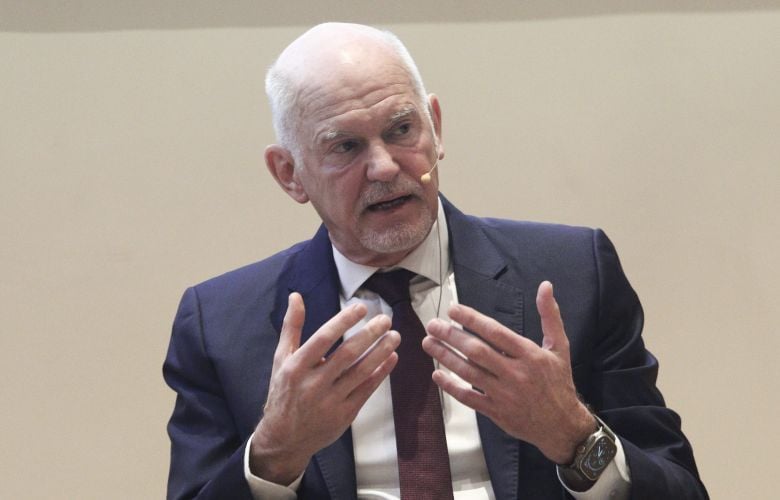“The Greek crisis was not merely due to excessive expenses or borrowing”
“Angela Merkel said 3 and half the truths, which lead to three conclusions,” the former prime minister said in response, George Papandreou For what the former Chancellor of Germany said about the Greek crisis in 2009.
The first teaching-in-story, George Papandreou notes, is that Europe was caught unprepared- and did not understand the nature of the crisis.
“The Greek crisis was not merely due to excessive expenses or borrowing. At its core it was a crisis of governance – with weak institutions, a lack of transparency (a typical example is statistics alteration) and serious deficits of democracy. Public resources were directed not to sustainable development and social cohesion, but they were exhausted through customer networks, “Mr Papandreou points out, adding that” unfortunately these practices are still dominated by the ND government, which follows their own clients, whether or not such a resources are, Assignments – undermining the credibility, prestige and future of the country and its citizens, as well as then. “
According to the former prime minister ” Mrs Merkel recognizes that at first, she underestimated the crisis and did not understand her size (first truth). At the same time, there was a strong resistance to reforms from the domestic establishment. The dominant view then was that fiscal consolidation was enough – the reduction of the deficit – to restore trust. But this reading ignored the systemic dimension of the crisis. ” “The problem was not only Greek. It was a problem of the eurozone architecture itself, “he adds in his response.
As a second lesson, Mr Papandreou states that Greece became the easy scapegoat – but the crisis had deeper roots.
“This was exactly what we were asking for then as a Greek government: More time, and political support for markets, not new loans, so that we can implement the structural reforms our country needed, after five years of waste, opacity and mischief. We wanted and shaped our own great change program. We demanded the support of our European partners in order to send a strong message of confidence over all. But Mrs Merkel unfortunately did not realize those critical moments, that such a claim was not, as the “nothing” said, but we were asking for “Greece”. And the euro (that is, half truth), “he says, adding that he confesses that the European leadership was trapped in the then famous” non -rescue clause “, while she doubted the credibility of top European institutions. “What tells us today is that the IMF’s involvement was its own choice as ‘harsh’ and ‘independent’ external observer, because exactly Europe did not have the know -how to deal with this unprecedented, systemic crisis (third truth),” he said.
The third lesson of the Greek crisis concerns modern challenges require a collective European answer.
“If Europe does not act united, it is in danger of being dismantled – as citizens turn to nationalist, isolated” solutions “and rhetorical fear. We are more bold and more cohesive European action – not only in the field of defense and border protection, but also in defense of our fields. We also need to vigorously utilize our financial tools – including Eurobonds – to invest in our common future. In 2010, when I suggested Eurobonds, it was a word “taboo”. Today it is a necessity. The true power of Europe is in solidarity. This is the highest lesson – and the still unfulfilled promise – of our common crisis, “concludes George Papandreou.
